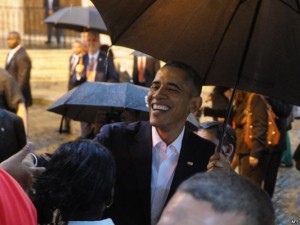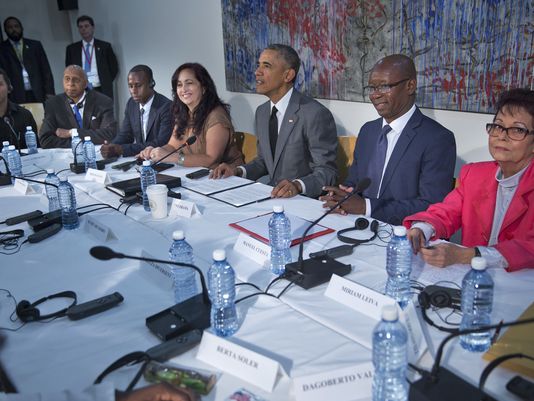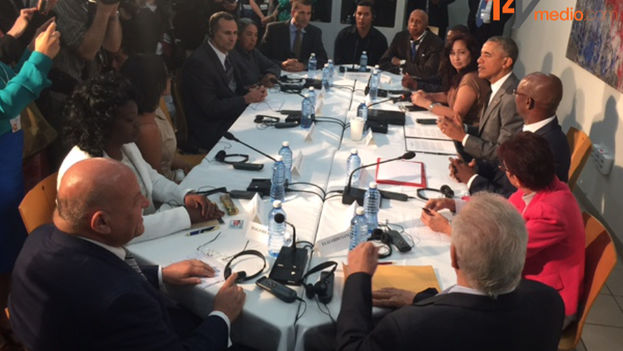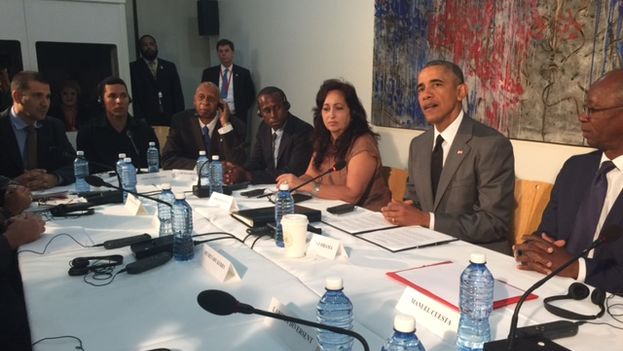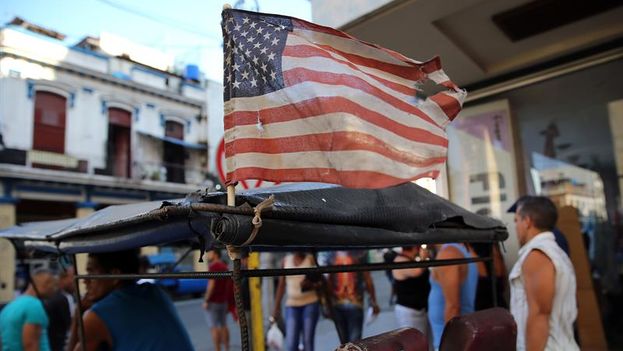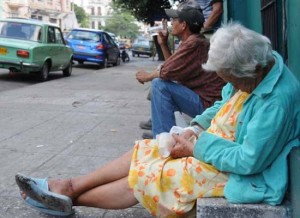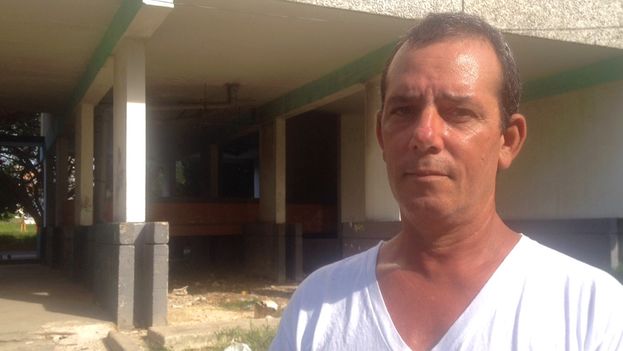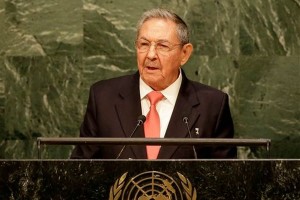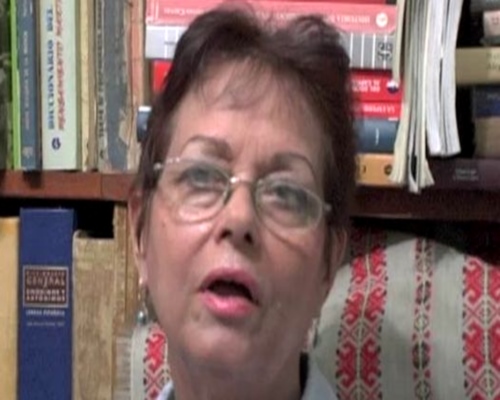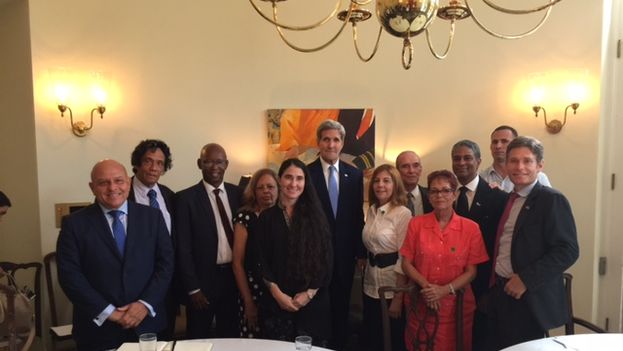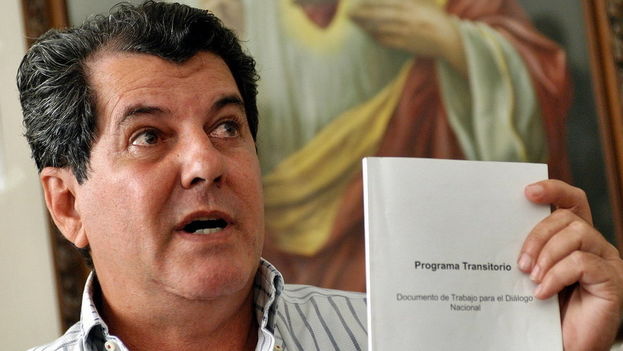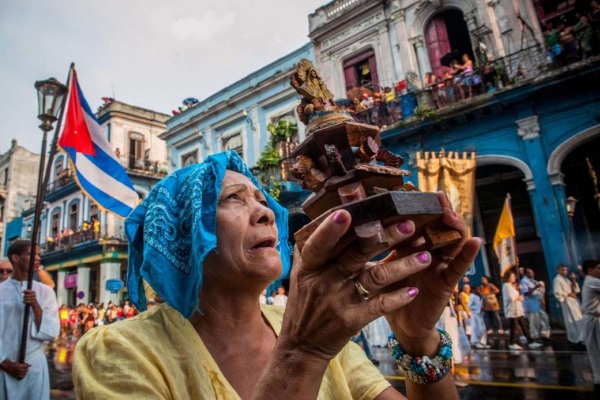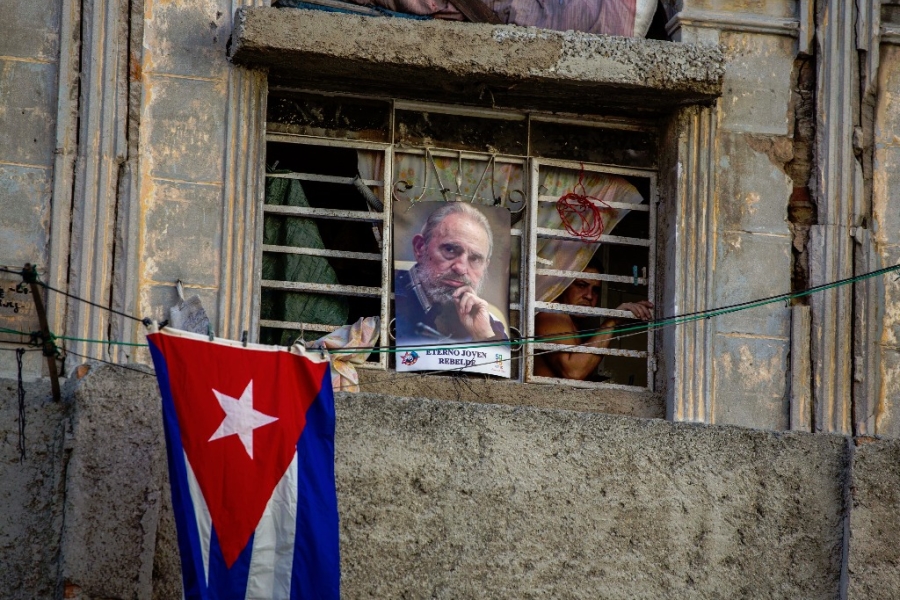
Cubanet, Miriam Leiva, Havana, November 29, 2016 – Fidel Castro died on November 25 at 10:29 p.m. and, according to his own will, his remains will be cremated, according to the brief statement read by Raúl Castro on Cuban television. at midnight.
As a deceased person, the former president deserves respect. Surely he expired on a soft bed, surrounded by his closest family members; perhaps he left directions for his funeral. Jose Marti, the man Cubans call the Apostle of Cuba, will welcome him in his monument in the Plaza of the Revolution and in the Santa Ifigenia Cemetery in Santiago de Cuba. continue reading
The government decreed nine days of official mourning and a journey of the funeral cortege from Havana to Santiago de Cuba, following in reverse the route of the “Freedom Caravan” of the guerrilla chief in January of 1959. The Comandante bequeathes his predilection for symbolism in dates: his death coincided with the 60th anniversary of the beginning of the Revolution with the departure of the yacht Granma from Mexico in 1956, and the burial on December 4th will coincide with the day of Saint Barbara, Shangó in the syncretic religion, a day venerated with great offerings. The drumming and all the rituals that begin in the early hours of the morning will be suspended on this solemn occasion, to the disgust of thousands of believers.
Most Cubans within the archipelago reacted with silence, no comment, without grief. The outcome had long been expected. The cheerful, humorous, jovial and bustling Cuban protects himself in the shell when he feels it dangerous to think differently from the official line, fears the consequences in his life, and disenchanted with the unfulfilled promises, is careful of his weak status or he looks the horizon to jump abroad.
Respectful relief floats in the environment, because the Comandante will allow everyone to rest, not fearing his interference in the essential changes. Every photo and every writing was overwhelming. The impressive olive green presence and thunderous voice became pitiful and the phrases delirious. He asserted, “history will absolve me,” at the conclusion of his trial for the attack on the Moncada Barracks in 1953. Much accumulated for 63 years, and there will be a delay in the objective writing of his until the secrets of all the parties involved are known. However, it is impossible to exempt him from the precarious present state of Cuba, because for 47 years he decided and prohibited everything.
In 1959, Fidel Castro liquidated a bloody dictatorship, he was Cuba’s most popular politician of all time and came to power with the false promises of democracy and a commitment to the religion. He will be remembered for dismembering families and sending their children to schools in the countryside, the exodus of more than two million Cubans, the hardships of a people overshadowed and disposed to immense sacrifices.
From the initial dispossession of the great owners, he continued with the small ones during the Revolutionary Offensive of 1968. Among his immense unproductive works: the failed Ten Ton Sugar Harvest of 1970, the destruction of the sugar industry that forged the Cuban nationality and of all agriculture with the uprooting of the peasants. For the waste of resources from the Soviet Union and the socialist camp. For not having invested Hugo Chavez’s petrodollars in the capitalization of the destroyed or antiquated industry.
Fidel Castro curtailed rights, credited the state with granting universal education and healthcare, when in fact this was paid for with the contributions of all workers. He left a weak economy, misery-level salaries and pensions, a dual monetary system, large debts accumulated since 1986, and a social fabric devoid of high ethical and moral values, a pride of the Cubans for centuries.
Fidel Castro will be remembered for the executions and long prison sentences. For punishing those who thought differently from the official opinions with agricultural work and expulsion from their jobs. For the surveillance and stalking by State Security, the informants and the Committees for the Defense of the Revolution. By the impossibility of attending a university because the universities were “only for the revolutionaries.”
Time will not forget that he was about to provoke a nuclear conflagration in October 1962, his support of guerrillas in Latin America and wars abroad, his persecution of homosexuals, his ban on miniskirts and the Beatles until the end of the 1980s, and on the practice of religion and tourism until 1992.
Raúl Castro inherited the ruins that he helped create. He mentioned the need for structural changes and concepts in 2007, which he reduced to the updating of the failing economic and social system. But he acknowledged that “the fundamental obstacle we have faced, as we predicted, is the burden of an outdated mentality, which forms an attitude of inertia, or lack of confidence in the future,” in his Report to the Seventh Congress of the Cuban Communist Party in April 16, 2016.
Ten years after the inevitable abandonment of absolute power, outside the Cuban archipelago, Fidel Castro is credited with the positive collaboration of doctors, teachers and technicians abroad. With the high rates of healthcare and education, achieved with the sacrifice and low quality of life of Cubans for 57 years.
The worn-out old man is kindly visualized, thanks to the process of cleaning up his nefarious image undertaken by Raúl Castro with the opportunities offered by the international community, the popes and eminences of various religions, the relationship with the United States, collaboration with the European Union, and the cancellation of debts. Economic interests have played an important role, but also the general president has the space to open up citizen participation in decision making.
Raul’s actions after Fidel’s death in compelling Cubans to sign an Oath to the Commander’s Words could strengthen the stagnation, or he could use them to reverse it: “Revolution is a sense of the historical moment. It is changing everything that must be changed. It is full equality and freedom. Is to be treated and to treat others as human beings,” Fidel said in his speech of May 1, 2000.
The high attendance of the population to the extensive and pompous funeral rites is a sign of the usual compulsion of students, workers, peasants and members of the so-called organizations of the masses and civil society, as well as the mobilization of the hundreds of thousands of party members and Youth communists, military agencies, ex-combatants and people who really did admire him.
However, the authorities should recognize the real feelings of the majority of Cubans and undertake radical changes.

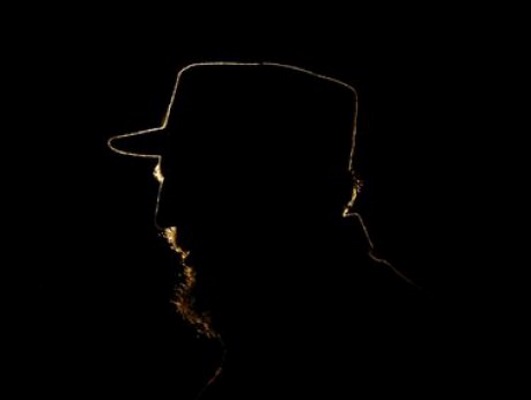
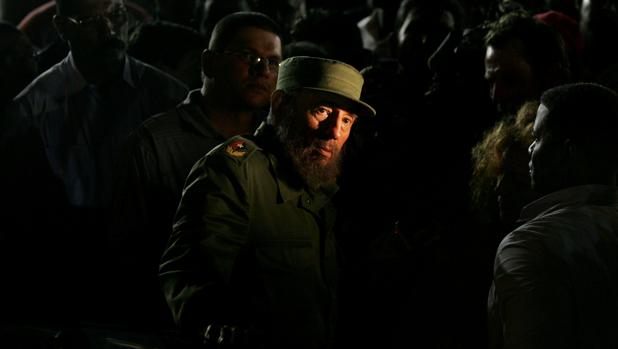 ABC International, Miriam Leiva, 26 November 2016 — Fidel Castro left Cuba in disastrous economic conditions after exerting absolute power for more than 47 years. His brother received a country “on the precipice” on 31 July 2006.
ABC International, Miriam Leiva, 26 November 2016 — Fidel Castro left Cuba in disastrous economic conditions after exerting absolute power for more than 47 years. His brother received a country “on the precipice” on 31 July 2006.